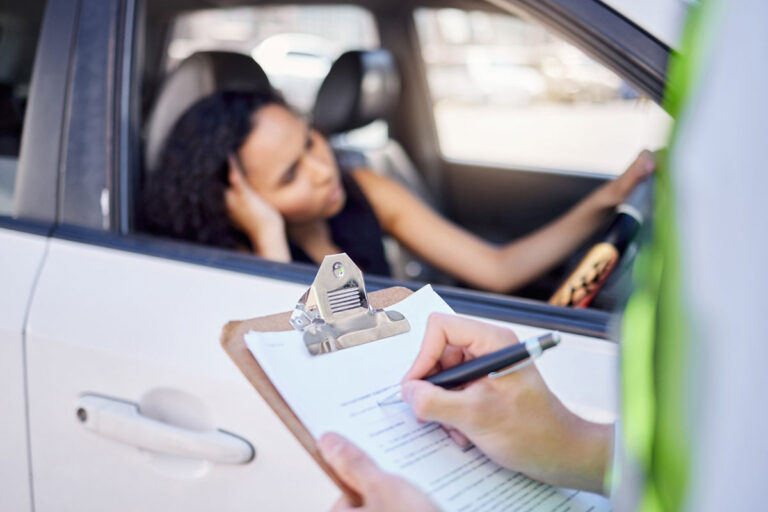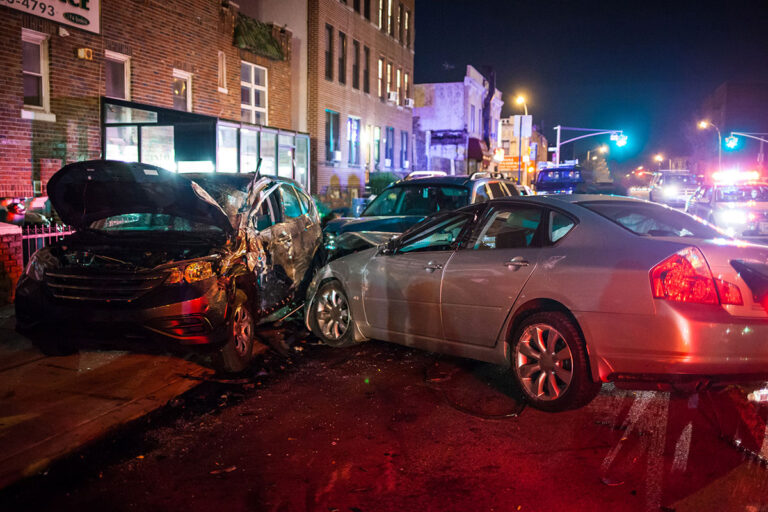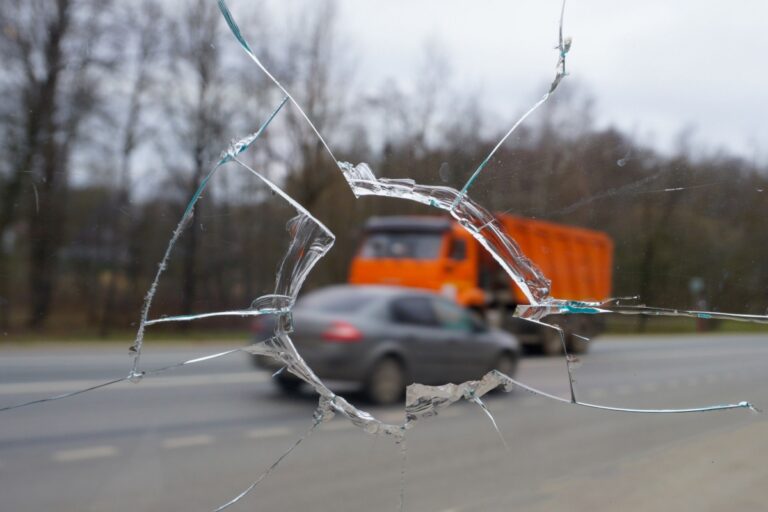Car Accident in Ohio? Here’s the Evidence You Need to File a Claim

After experiencing a car accident, it’s easy to feel overwhelmed. You know you need evidence, but what kind of evidence will actually help your case? Do you need that car repair estimate in writing? A statement from the tow truck driver?
While most people are familiar with the basics, like police reports and medical records, there might be key car accident evidence you’re missing: proof of lost wages, receipts, witness statements, and more. Read on to make sure you have the car accident evidence you need to fight for fair compensation in Ohio.
Key Evidence to Gather After a Car Accident in Ohio
Police report
While it might seem like just another piece of paperwork, the police report plays a pivotal role in your case. After all, it’s an unbiased account of the accident, which insurance companies heavily rely on. (That said, police officers don’t always get it right — whether it’s an omission or a straight-up inaccuracy, let your attorney know immediately.)
Didn’t call the police after your car accident? While it can complicate things, it doesn’t necessarily mean your case is over. Schedule a free consultation with our personal injury attorneys at 330-762-0700 to discuss your options.
Medical records
Your medical records aren’t just a collection of doctor’s notes — they chronicle your recovery and hold significant weight in your claim. They detail the extent of your injuries, the treatment you’ve received, and the impact on your daily life, all of which directly influence the compensation you deserve.
Remember: insurance companies are here to minimize your injuries. Try to make sure you’ve documented every ache, pain, and treatment; it could make all the difference.
Photos and videos
In the immediate aftermath of an accident, capturing visual evidence is key. While your priority should always be safety and seeking medical attention, if you’re able, try to take photos or videos of the following:
- Overview of the accident scene: Capture the overall scene, including the position of the vehicles, traffic signs, road conditions, and any relevant landmarks.
- Close-ups of vehicle damage: Take detailed photos of the damage to all involved vehicles, highlighting the impact points and severity.
- Visible injuries: If possible, photograph any visible injuries you sustained.
- Traffic signals and signs: Photograph any traffic signals or signs that may have played a role in the accident.
- Your perspective: If safe to do so, take photos or videos from your vantage point within the vehicle, showing the scene as you experienced it.
Even if some time has passed since the accident, it’s not too late to gather valuable visual car accident evidence. If you are physically able, try revisiting the accident scene to take photos or videos. Look for any remaining signs of the accident, such as skid marks, debris, or damaged property.
Witness statements
When it comes to proving your case, there’s strength in numbers. Witness statements can be the key to corroborating your version of events and tipping the scales in your favor.
That said, witnesses may be hesitant or unsure about getting involved. Plus, the last thing you want is to be accused of intimidation or undue influence when interacting with them, which could not only damage your case but also create unnecessary stress and complications.
Rather than risking any missteps, let your car accident attorney step in — we’re skilled at building rapport and conducting thorough interviews, ensuring valuable testimony is preserved while protecting your interests.
Insurance information
Insurance policies can be confusing, but they’re key to your case. You need to know what you’re covered for and what the other driver’s insurance might pay.
Proof of lost wages
A car accident doesn’t just steal your health; it can steal your income too. If you’ve missed work because of your injuries, don’t let the financial burden pile on. Gather proof of your lost wages — pay stubs, employer letters, anything that shows what you would have earned.
Repair estimates or receipts
A damaged car is more than just an inconvenience — it disrupts your life. Don’t let the insurance company add insult to injury by undervaluing the repairs.
So, be sure to collect receipts or estimates for:
- Bodywork and paint: This includes any dents, scratches, or other damage to the exterior of your vehicle.
- Mechanical repairs: This covers any damage to the engine, transmission, brakes, or other internal systems.
- Replacement parts: If any parts need to be replaced, make sure you have documentation of their cost.
- Towing and storage fees: If your car was towed or stored after the accident, keep those receipts.
- Rental car expenses: If you needed a rental car while yours was being repaired, those costs can also be included in your claim.
How Slater & Zurz Can Help
While this list might seem straightforward, the reality is that navigating a car accident claim in Ohio is fraught with potential pitfalls. After all, insurance companies have teams of adjusters whose whole job is to minimize payouts. The last thing you want is to accidentally say something that jeopardizes your claim or miss out on critical evidence that could strengthen your case. Don’t face the aftermath of a car accident alone. With the help of a car accident attorney at S&Z, you gain an experienced advocate who will protect your rights, maximize your compensation, and handle the legal maze. Call us today at 330-762-0700 for a free consultation.




